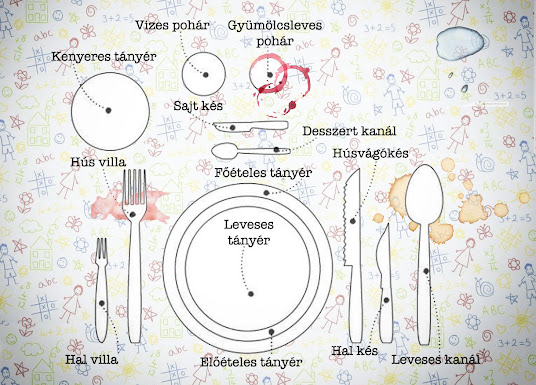Why exactly solution-Focused Therapy?
The difference between my childless mates and me is this: when they wake up (at noon, naturally) and glance around their flat, which is strewn with all sorts of bits and bobs from the kitchen to the living room to the bathroom, they can smile smugly, acknowledge it was a cracking night, and be certain there are a few bottles of wine left on the kitchen counter (because everyone brings wine and drinks beer). When I'm faced with the same sight, all I can confirm is that my kids are creative, and instead of unopened bottles, I can count on spilled yoghurt and scattered cereal. When I meet up with these mates, I'm never an equal in the storytelling stakes, because potty training and the 'terrible twos' don't exactly make for gripping conversation. At best, I can pull out a tale about stepping on Lego in the middle of the night.
So, I prepped myself thoroughly for a meet-up with my mate Csabi, who's got three kids, figuring I'd find some sympathetic ears over a fish. I went on at length about my fatherhood woes, while he enthusiastically gutted the fish, seemingly oblivious to my wailing. Once he'd packed everything into the cauldron, put it on to boil, he looked at me meaningfully.
"You do realise, don't you, that most of your problems only exist in your head?"
"Cheers," I thought. "Heard that one a million times, mate, but it doesn't make it any easier. I read those quotes on Facebook too..."
(And now comes the bit that explains why I'm telling this story: the solution-focus.)
He poured a relaxed spritzer and slid it across to me.
"If I counted right, you said 'My problem is...' five times, 'I'm not capable of...' three times, and 'What's missing is...' four times."
I was just about to chip in, but Csabi wasn't having it. The expert in him emerged, protecting the pleasant atmosphere that belonged alongside the fish.
"Hold on a minute! You say, for example, your lads won't sit down to eat. Okay. Three things you can do. You can chew over the problem, you can ignore it, or you can start racking your brains for a solution. If you keep dwelling on what's not working, what's a right pain, then you'll stay stuck in it and won't think rationally. But if you step out, you can see if you can change it or not. If you really can't, then forget it, let it go, it's not yours. But this isn't that, because you do have influence, so focus on the solution. There are two advantages to this. While you're thinking rationally, the frustration disappears, and secondly, your brain will likely spit out the solution. Where you can control or influence something, there's the possibility for action, and the feeling of helplessness vanishes. For example, after a chaotic Sunday lunch, I asked them all to say what they expected from themselves and each other at the table, then we thrashed it out."
"Did it work?"
"The rules are stricter now than before, and they're the ones who decided it, and mostly, they stick to it."
We sat in silence for a bit, then Csabi jumped up and sprinkled paprika into the bubbling pot. Returning, he recounted what went through his mind last night after spending hours getting the youngest to sleep, when he kicked a motion-activated musical bus in the dark room.
agocsruben










